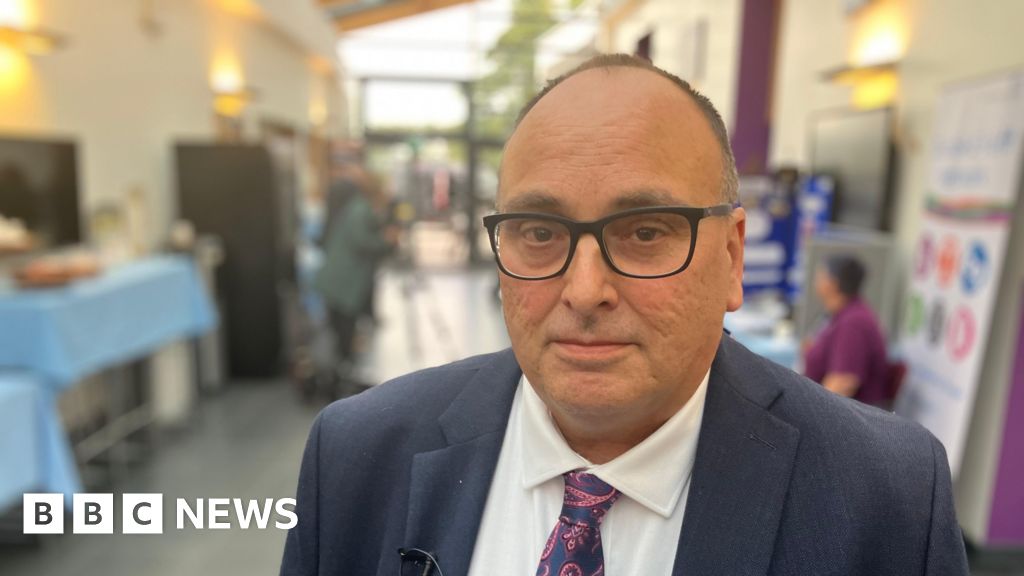State laws and policies prohibiting or restricting minor access to gender affirming care have proliferated in recent years. The first state to pass such a law was Arkansas in 2021. By January 2024, that number increased more than five-fold, with states having passed such laws/policies. Most are being challenged in court.
On June 18, 2025, the U.S. Supreme Court ruled in, United States v. Skrmetti, a case challenging Tennessee law (SB1) banning gender affirming care. The court found that the law did not constitute sex-based discrimination and did not violate the U.S Constitution’s 14th Amendment Equal Protection clause. As a result, 25 bans remain in place. However, bans in Montana and Arkansas are currently permanently enjoined by court order. The challenge in Montana relates to the state constitution and is therefore not directly impacted by the decision and the law remains blocked. The federal court in Arkansas found the law violated both the Equal Protection and Due Process clauses. The injunction remains in place given its basis on Due Process claims.
This tracker provides an overview of these laws/policies and any associated litigation by state, identifying which groups of people are impacted in addition to minors (e.g. providers, parents, etc.), the types of penalties providers face (i.e. professional or felony), the status of legal challenges, and other key information.
Learn more in this short analysis assessing the policy landscape as of January 24, 2024: The Proliferation of State Actions Limiting Youth Access to Gender Affirming Care
What is Gender Affirming Care (GAC)?
Gender-affirming care is a model of care which includes a spectrum of “medical, surgical, mental health, and non-medical services for transgender and nonbinary people” aimed at affirming and supporting an individual’s gender identity. Gender-affirming care is a model of care which includes a spectrum of “medical, surgical, mental health, and non-medical services for transgender and nonbinary people” aimed at affirming and supporting an individual’s gender identity. Gender affirmation is highly individualized. Not all trans people seek the same types of gender affirming care or services and some people choose not to use medical services as a part of their transition.






